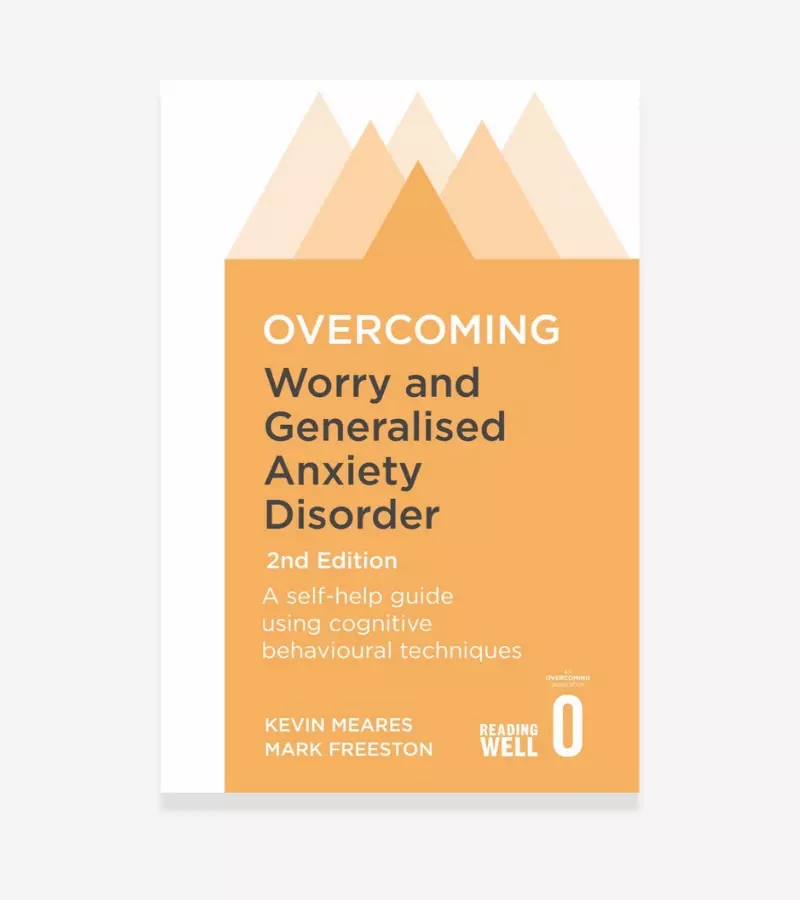Overcoming Worry And Generalised Anxiety Disorder
9781472107428
Also available from other retailers
Up to 44 in every 1000 adults suffer from a condition known as Generalised Anxiety Disorder. This is much more than the normal worrying we all do - it can be a debilitating disorder leading to significant personal and social problems and sometimes financial loss.
Using established and proven CBT techniques, expert clinicians Kevin Meares and Mark Freeston help readers to understand that it is their propensity to worry, not the multitude of problems they worry about, that is the root of the problem.
The user-friendly, step-by-step approach explains why they worry, how to recognise what feeds it and develop effective methods of dealing with it. With each step the authors introduce new ideas that add to the picture of worry, and use questionnaires, exercises and tasks to help the reader understand and then challenge unhelpful habits and beliefs.
About the authors
Dr Kevin Meares is a consultant clinical psychologist and a CBT therapist. He works for the NHS at the Newcastle Cognitive and Behavioural Therapy Centre offering therapy to adults with a range of psychological problems, specialising in anxiety disorders. He supervises trainee clinical psychologists and cognitive therapists. He is an experienced trainer, regularly leading workshops on CBT. His research interests focus on rumination and worry and he has a particular interest in post-traumatic stress disorder.
Professor Mark Freeston is the Director of Research and Training at the Newcastle Cognitive and Behavioural Therapies Centre and Honorary Professor of Clinical Psychology at the University of Durham. He is also Professor of Clinical Psychology at the University of Newcastle. He divides his time between NHS duties, where he directs the Newcastle Diploma in Cognitive Therapy, and the University of Newcastle. He regularly provides workshops on the cognitive behavioural treatment of these disorders. He chaired the Guideline Development Group for Obsessive Compulsive Disorder (OCD) and Body Dysmorphic Disorder for the National Institute of Clinical Excellence (NICE) from 2003 to 2005.




